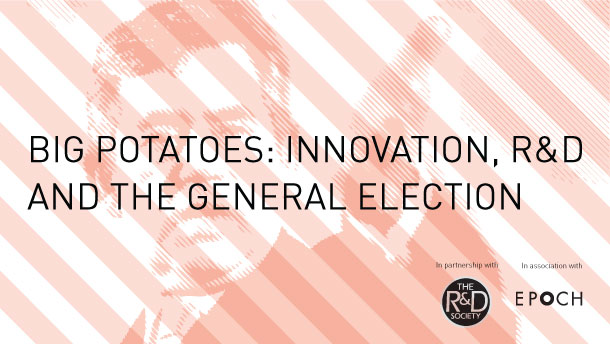Sunday 31 October, Battle of Ideas festival, Royal College of Art, London
‘Blue-skies thinking’ has long been lampooned as management cliché, but in today’s climate of austerity, such fanciful talk can even be deemed downright irresponsible. In government, business, even in science, everyone seems obsessed with tangible outcomes, practical solutions and ideas grounded in reality. Despite universities minister David Willetts’ talk of ‘curiosity-driven research’, academics are constantly under pressure to leave their ivory towers and prove the ‘impact’ of their research. R&D has become short-termist and risk averse. Economic planning is confined to getting through the worst. Few seem interested in re-writing the future. Being too imaginative, ambitious or creative can lead to accusations of wasting precious time and resources, of being unrealistic and self-indulgent.
But might society in fact need more rather than less blue-skies thinking? As Buckminster Fuller, the twentieth century American architect and futurist who popularised the construction of Space Age geodisc domes, once said ‘You never change things by fighting the existing reality. To change something, build a new model that makes the existing model obsolete’. People like Fuller knew blue-skies thinking played an important role in inspiring future generations: it helped turn young dreamers into tomorrow’s scientists, designers, entrepreneurs and writers, and inspired many others who wanted to change the world.
If no-one is prepared to conjure up our own versions of yesterday’s flying cars, teleportation and space travel, how can we ever expect to achieve the unthinkable if we can’t even imagine it? Sceptics argue ideas are cheap and what matters is how you turn them into reality. But if we cannot let our imaginations run riot, then what we develop in the future will probably be no better than what we already know. Is the problem perhaps that too much innovation is focused on practical problem-solvers and instead we should look to the natural dreamers in the arts, to the imaginative skills of creatives? Where will our big ideas come from? Or should we postpone flights of fancy about tomorrow until we have solved today’s pressing challenges?
Speakers:
James Woudhuysen professor of forecasting and innovation, De Montfort University; co-author, Big Potatoes, Energise! A future for energy innovation and Why is Construction So Backward?
Professor Anthony Dunne head, Design Interactions Department, Royal College of Art
Simon Warr communications consultant; vice-president, Birmingham Chamber of Commerce
Chair: Martyn Perks director, Thinking Apart; speaker and writer on design, technology and innovation; co-author Big Potatoes: the London manifesto for innovation
In association with Jaguar Land Rover and the Royal College of Art Student Union.
Big Potatoes are the session partner.
